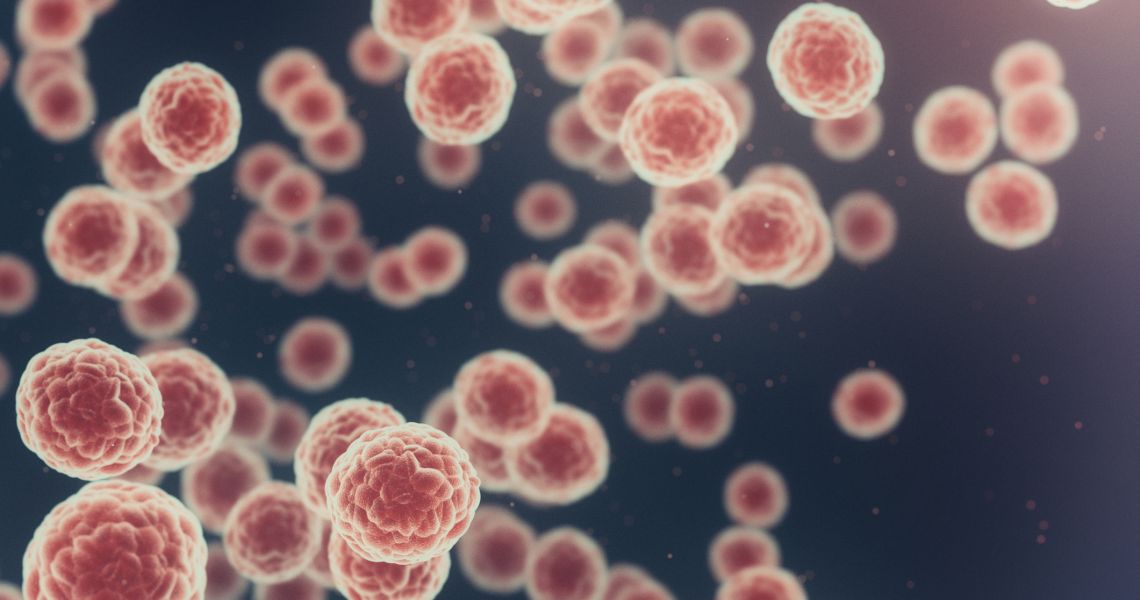WASHINGTON (March 28, 2023)— A new combination drug treatment showed promising results in patients with pan-refractory, recurrent/metastatic head and neck cancer, according to a study published today in the Journal of Clinical Oncology.
Head and neck cancer is a deadly form of cancer that arises in the lining of the mouth and throat. Worldwide more than 700,000 people were diagnosed with head and neck cancer in 2021. The disease is caused by the human papillomavirus (HPV) or environmental carcinogens, including the regular use of tobacco or alcohol. When the cancer comes back after curative treatment, patients have an overall survival of less than two years.
“Our study was conducted in patients with heavily resistant head and neck cancer, whose cancer had continued to grow in the face of all standard treatments including cetuximab,” Julie E. Bauman, MD, MPH, Dr. Cyrus Katzen Family Director of the GW Cancer Center, the study’s lead author and professor of medicine at the George Washington University School of Medicine and Health Sciences, said. “In this pan-refractory population, the combination of drugs doubled the expected time until cancer progression.”
Bauman and colleagues’ randomized Phase II study used a new monoclonal antibody drug called ficlatuzumab. Patients were given ficlatuzumab alone or in combination with a standard drug known as cetuximab. Cetuximab already has U.S. Food and Drug Administration approval for head and neck cancer treatment.
Patients treated with both drugs also had a 19% overall response rate, meaning that 6 of 32 patients had at least 30% shrinkage of their tumors. These results were encouraging because the most realistic outcome for their treatment would have been to stabilize cancer growth for two months, Bauman said. Moreover, 2 of these patients had a complete response, losing all traces of their cancer after treatment.
“Unexpectedly, all responses occurred in patients with HPV-negative cancer,” Bauman said, translating to a 38% response rate in this subgroup. “This result was gratifying, as patients with HPV-negative disease have the worst overall survival. In this heavily pretreated group, we might have expected a 5% response rate.”
Bauman is currently working with a team of researchers to design a large, randomized, Phase III clinical trial to test the combination therapy against standard treatment in patients with advanced, HPV-negative head and neck cancer.
The study, “Randomized Phase II Trial of Ficlatuzumab with or without Cetuximab in Pan-Refractory, Recurrent/Metastatic Head and Neck Cancer,” was published online March 28 in the Journal of Clinical Oncology. The multicenter study was led by Bauman and conducted while she was a cancer researcher at the University of Arizona.
The study was funded through the investigator-sponsored trials program of Aveo Oncology and supported by the Shared Resources of the University of Arizona Comprehensive Cancer Center.




